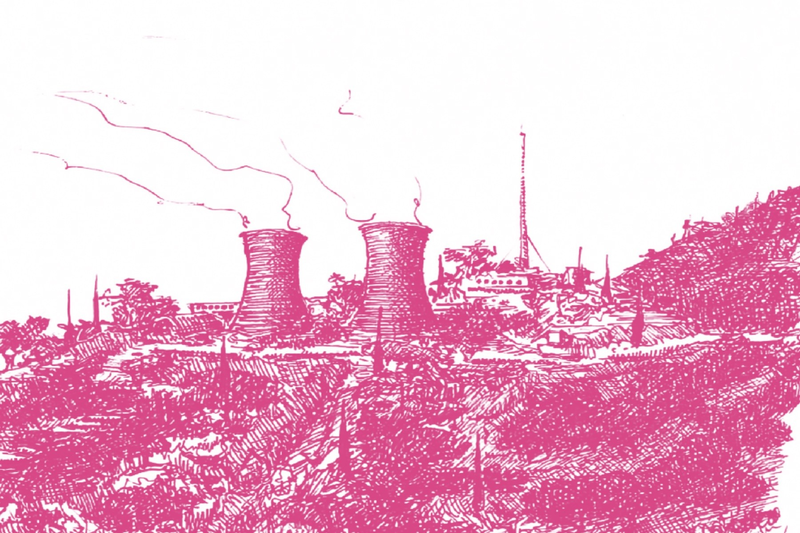The revival of nuclear energy and the second chance for Greece

In the last two or three years, interest in nuclear power has risen sharply, so that we can now speak of a 'nuclear renaissance'. It seems that over the years the wounds opened by nuclear accidents have healed. This is reflected in the increase in interest in nuclear power in the US, Europe, Asia and even Africa.The renewed interest in nuclear power is reminiscent of the early 1970s, before the 1973 energy crisis. In 1971, part of the market predicted that oil would run out, which would necessitate a transition to nuclear power. This led to an increase in the price of a barrel from $3 to $12-15 to finance innovative drilling technologies. The similarities with the current situation are evident, with investments in renewables, backing baseloads and storage technologies being financed by rising electricity prices. The International Energy Agency's (IEA) net-zero emissions scenario for 2050, the necessary contribution of nuclear power for 812 GW (154 GW renovated, 325 GW planned and 333 GW missing) is estimated to require around $4 trillion by 2050. Achieving this ambitious goal remains difficult, especially considering that many ageing nuclear plants are due to be decommissioned in the coming years. In order to achieve the goal of zero emissions in 2050, it is now understood that renewable energy sources (RES) are not enough, which, despite the huge investments that have been made, currently contribute only 13% to the global energy mix, with estimates to reach only 20% in 2030 and including various sources such as hydropower, solar, wind, geothermal, and bioenergy. It is therefore now considered necessary to increase the contribution of nuclear energy.
Greece should incorporate nuclear energy into its long-term energy planning. This means that preparation should begin now, including the creation of a modern regulatory and institutional framework, as well as the establishment of a supportive ecosystem. Additionally, Greek society should be responsibly informed about the environmental and developmental benefits of new technologies. The technology of small modular reactors can offer Greece energy security, economic growth, and the necessary energy infrastructure to leverage new disruptive technologies such as artificial intelligence.
Authors: Athanasios Platias and Yannis Bassias
ΟΙΚΟΝΟΜΙΚΗ ΕΠΙΘΕΩΡΗΣΗ - ENVIRONMENT, February 9, 2025